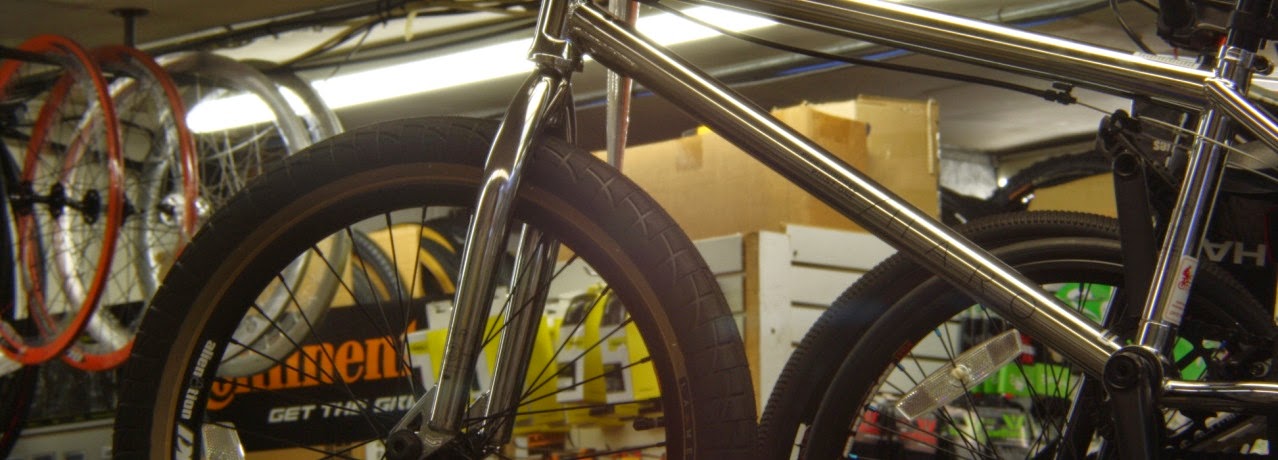 |
| 1896 Campaign button for the McKinley and Hobart Club |
McKinley stuck to his "front porch campaign," where he remained at home and made speeches to supporters who came to visit. He reminded an aide, "Don't you remember that I announced that I would not under any circumstances go on a speech making tour?" Over 750,000 people would come to his home in Canton, Ohio before election day. Republicans came up with the idea of flooding the country with their campaign literature, much it transported and distributed by cyclists. They also formed the McKinley and Hobart Bicycle Club (Hobart was the Republican vice-presidential candidate). The club was formed on August 5, 1896 in Chicago, and chapters were soon springing up all across the country. Members of this club took part in many parades, and also escorted Republican candidates and speakers. On October 9, three hundred cyclists rode through Indianapolis before getting on a train to Canton, Ohio for a speech by McKinley at his home. Along the way, the train stopped at other cities to pick up additional cyclists heading to Canton. On October 30 one hundred Indianapolis cyclists rode to former President Benjamin Harrison's home and escorted him to Union Station, where he embarked on a speaking tour supporting McKinley. The McKinley and Hobart Bicycle Club was prominent in smaller towns also. By the end of October, the Terre Haute chapter had 850 members. Thirty-five members of the Rockville chapter attended a rally in the town of Montezuma.
So did the McKinley and Hobart Bicycle Club make the difference in the election? It's hard to say. The 45 states were split pretty evenly. McKinley took all of the Northeast and most of the Midwest for 23 states. Bryan took all of the South and most of the sparsely populated West, totaling 22 states. Since McKinley carried the more populated northern states, he won the electoral count handily, 271 to 176. For more information, check out The Bicycle Boom and the Bicycle Bloc: Cycling and Politics in the 1890s.

No comments:
Post a Comment